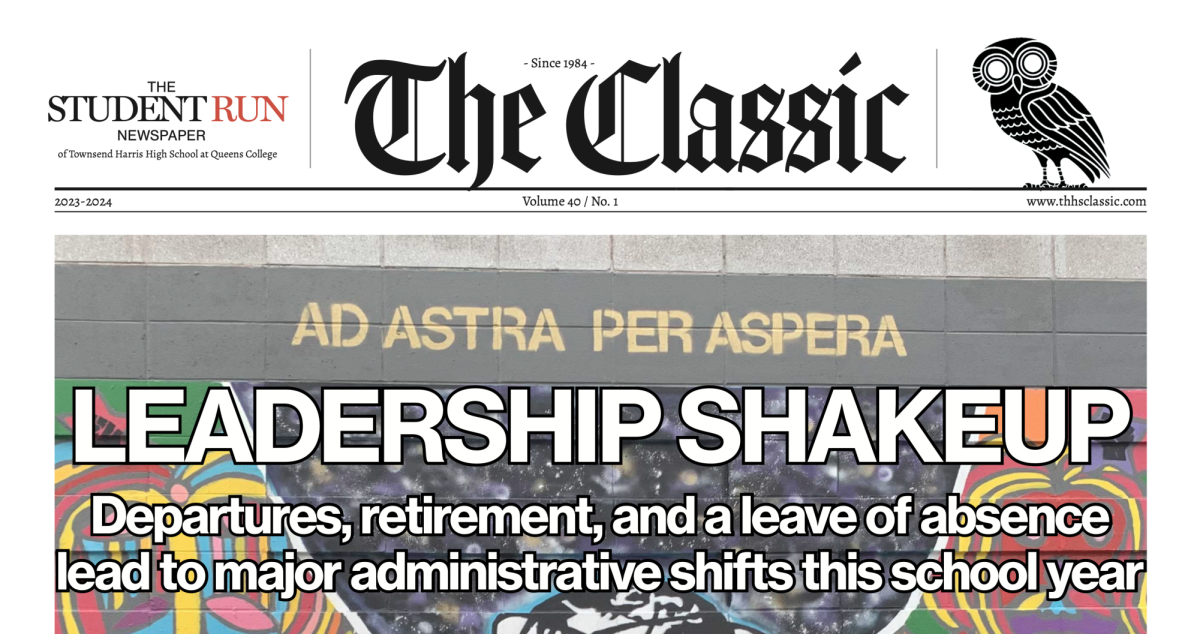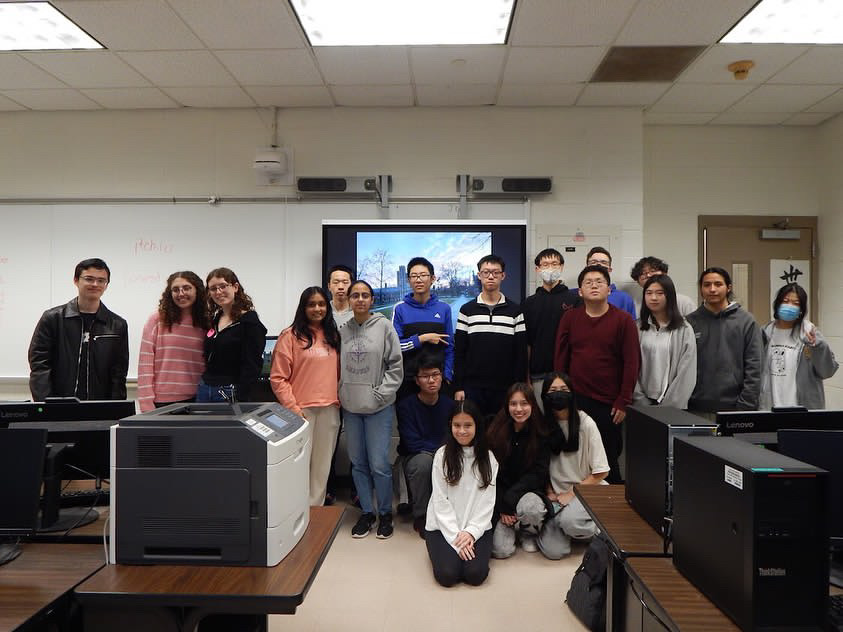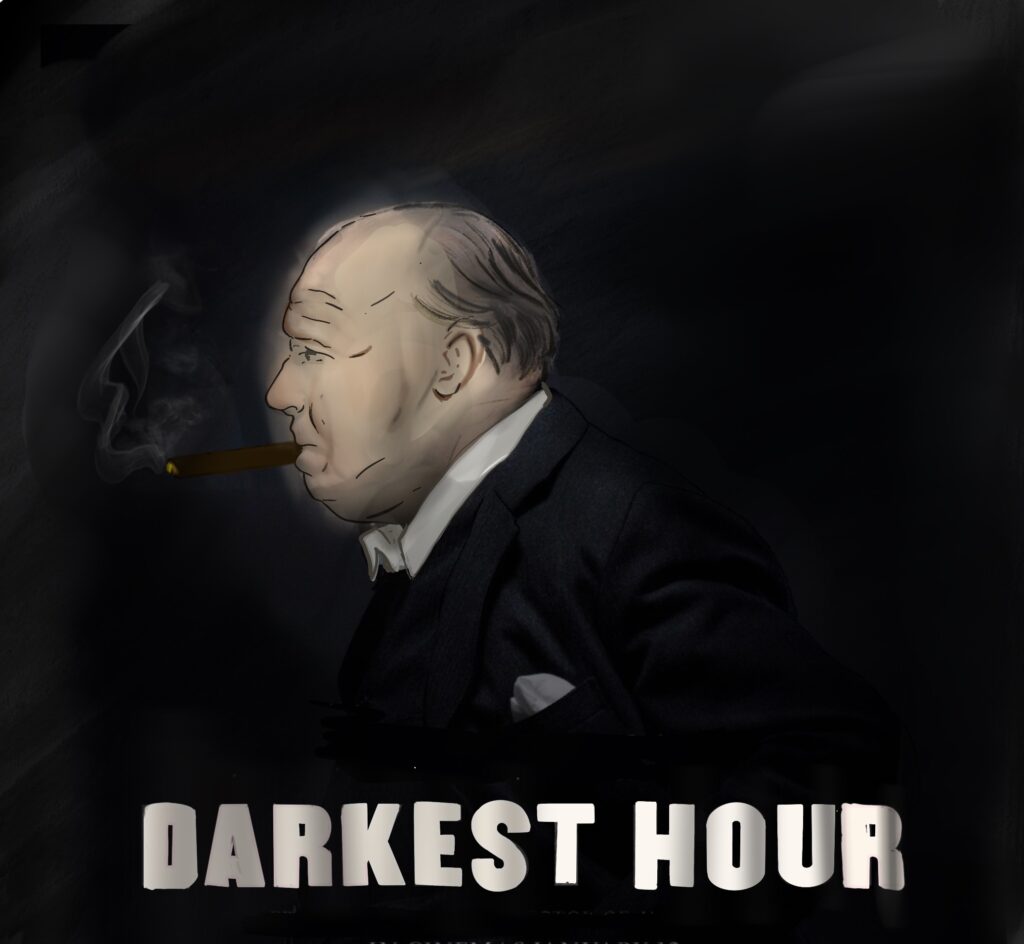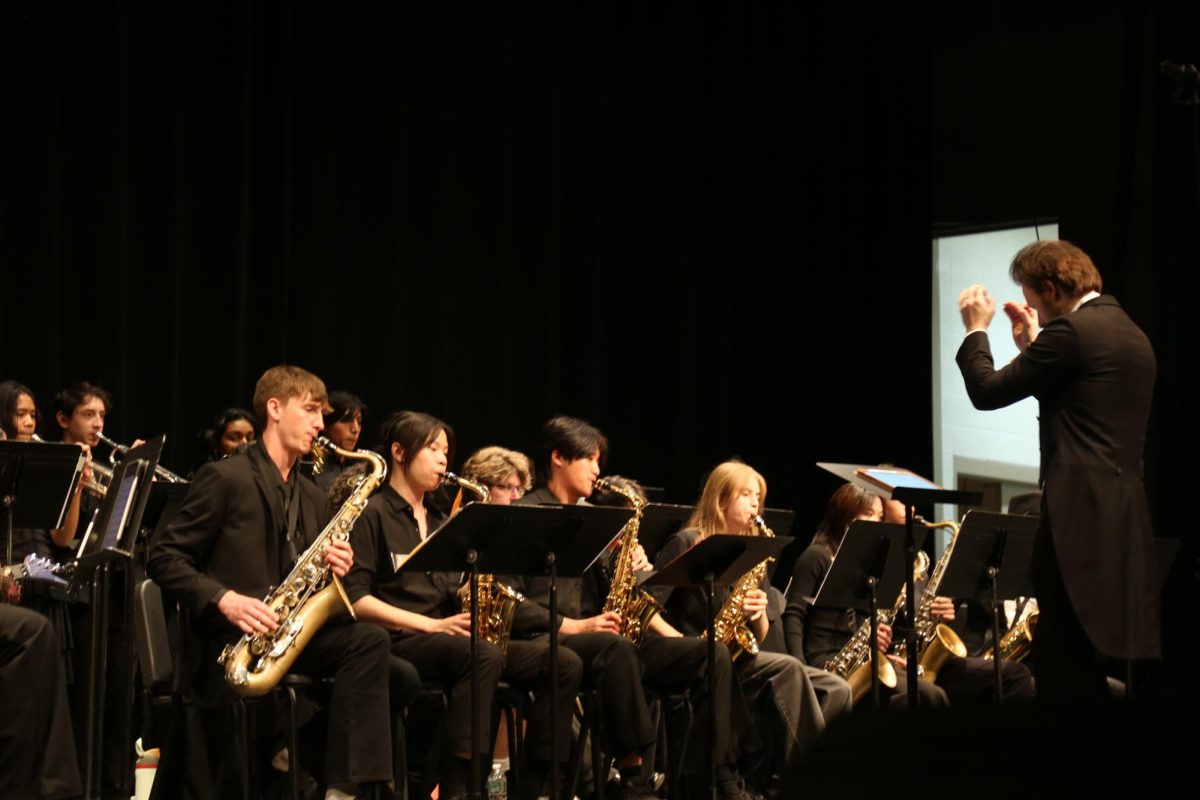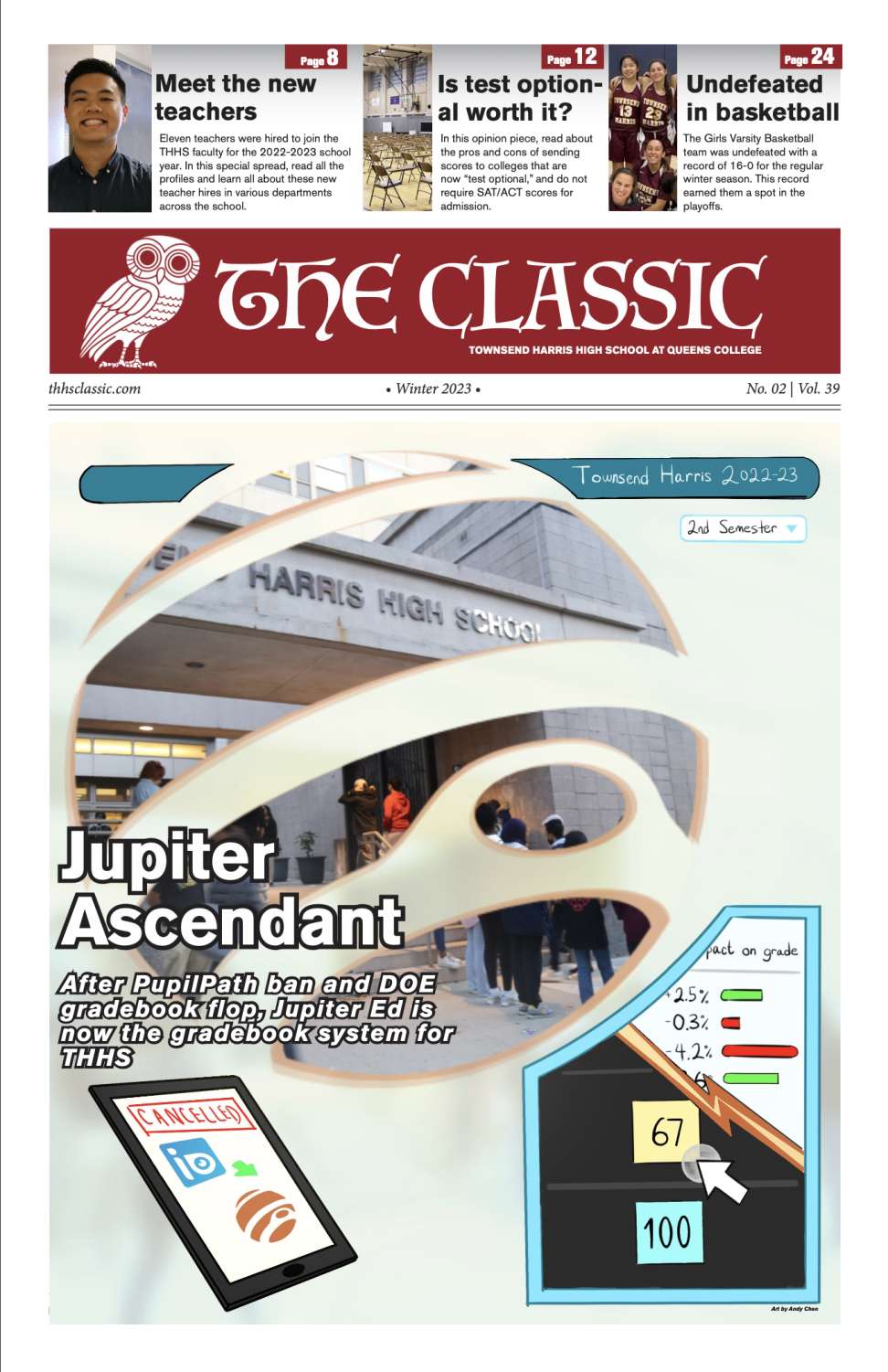
Do you know those slightly corny historical films that your history teachers show the class when they want an early winter break? That’s Darkest Hour (2017) for you. This film was added to Netflix last month, and focuses on the events leading up to former Prime Minister Winston Churchill’s World War II speech, the Darkest Hour. Primarily, the film depicts the rising tension leading up to the refusal of the British to make peace with the ascending Nazi Germany. Although it is one among many of the films added to Netflix each month, Darkest Hour is notable as both a critically reputed film as well as one riding the popularity surge of shows like The Crown centered around 20th century British leadership.
The film’s main focus is on its portrayal of Churchill, who was thrust into the seat of power by his party at the beginning of the toughest part of the war for Britain. His eccentric, rude, and at times charming character is the highlight of this film thanks largely to the impressive performance by lead Gary Oldman. The other characters are also quite well portrayed and written to emphasize their relationship with Churchill; this is fitting given that he is the central character in the movie. However, it may have been nice to see more public perspectives outside of the circle of political and royal elites.
The whimsical humor of the film that comes along with any portrayal of Churchill in modern media is charming and on point, poking fun as usual at his strange habits and living setup. There is also the mention of the iconic “V for victory” symbol, including a joke playing on Churchill originally doing the symbol wrong in a newspaper photo, which conveyed an unintended vulgar meaning to the public. There is a particular emphasis on the humanity of Churchill, not only in his strangeness, but also in his doubts amid the extreme pressure he was facing during that moment in his career. This is highlighted in the last scene between Churchill and King George VI who is played by Ben Mendelsohn, in which the latter reassures Churchill when he is at his lowest. The viewer feels empathy for Churchill and a desire to see him succeed because of the sheer volume of his personality, wit, and intelligence.
The politics of the film are a lot clearer for those with background knowledge of British Parliament structures and etiquette. For a British audience, the film would likely pose no trouble, but for an American, some more subtle meanings may be missed.
The film also steps slightly beyond its bounds by delving into fictionalized situations, most notably the “London underground” scene that was entirely made up for the purposes of the film’s dramatic arc. In this scene, making a clever callback to Churchill’s earlier comment about having never ridden the Underground, Churchill finally does so on his way to the Parliament meeting in which he will deliver his famous speech. Yet, on the ride there, Churchill catches the attention of the citizens in his car, who all stand up in reverence to him and gladly, nervously introduce themselves. Churchill asks them their feelings about the state of the war and is surprised to hear that although frightened, they agree with him and would rather go down fighting than cede peace. The audience even gets the most cliché “politician and child” scene where Churchill is inspired by the determination of a little British girl to never give up in the war. This scene would be acceptable, even intriguing, if it were at all based on a real event. As it is not, however, it comes off as out of place and frankly silly. It is likely that the film overestimates the extent to which British citizens initially supported Churchill and his speeches. It must be noted though that Churchill was later on known for speaking to citizens after bombings, but the sheer falsified and unoriginal nature of this scene remains. There are other, smaller inaccuracies peppered throughout the film as well, such as there being no evidence that the intense fighting matches over peace talks seen in the movie occurred. As depicted in the film, Churchill’s private secretary, Elizabeth Layton, actually had not started working for him by the time of the film’s events and would only be employed a year later.
Besides the more fantastical elements of this film, what is particularly irking is how it, like many other films in this genre, portrays Churchill as a great hero. Indeed, the moment of the “Darkest Hour” speech was one of the high points of Churchill’s career as his gamble paid off later in the war, though due in part to American cooperation. His leadership throughout the war ultimately did make a substantial difference, with Churchill becoming a national symbol by its end. Yet, his achievements in the war have over time eclipsed the reality of the majority of his political career. There are parts of Churchill that are not often the subject of these self-celebratory war movies. What first comes to mind is Churchill’s role in the Bengal famine of 1943. It was Churchill’s War Cabinet that refused to grant requests for food imports to India following reported shortages. Despite the repeated demands of lower British officials for imports of grain, the war cabinet left millions of Bengalis to starve. Churchill was also notably a believer in social Darwinism, using it to justify his glorified view of British imperialism.
While watching this film with my Irish grandmother, who was a child during the events of World War II, I was struck by how this glorified portrayal influenced her perspective of Churchill. Her takeaway was in general agreement with the film, ignoring the fact of Churchill’s relationship to her own home country. Firstly, there was the disaster at Gallipoli, Turkey in 1915, in which Churchill, as a First Lord of Admiralty, led thousands of young Irish soldiers to their deaths at Suvla Bay. He refused to own up to this, which the movie does touch upon but only in passing. Later on in 1920, Churchill also supported the dispatch of emergency police forces to eliminate the Irish Republican Army (IRA) and quell the Irish nationalist movement. His contempt for Ireland in general is also quite clear in his Parliament comparison of an Irish republic to “offering a country up to a miserable gang of human leopards in West Africa.”
It is undeniable that Winston Churchill did good in his life as a talented writer and wartime leader. But, it must be acknowledged that his legacy is more complex than those accomplishments. Churchill was very much the right person at the right time, his stubbornness and ruthless pursuit of victory ultimately aiding the declining Europe in throwing off the advancing monster of Nazi Germany. However, that same attitude also made him a very poor leader in other respects, especially in regards to the treatment of any group in the empire who was not ethnically English. Darkest Hour (2017) seems to hammer home the same glorious story of Winston Churchill as the oddball, defiant political savior of war torn Britain. But when the charm of the acting is stripped away, the film’s message is not expressing anything that we haven’t already heard many times before. Movies and media in general increasingly shape our collective societal memory of events in the more distant past. By this, a truly excellent portrayal of Winston Churchill would require a holistic view of his life’s work, rather than a heroically toned micro-tale with a foregone conclusion of Churchill’s greatness.
Artwork by Amelia Harrington, Book And Media Reviewer




